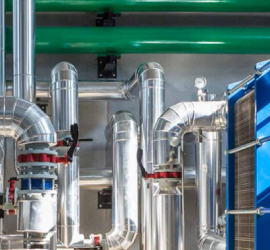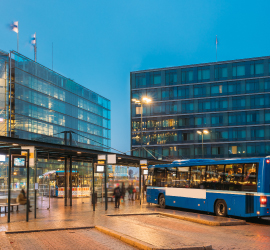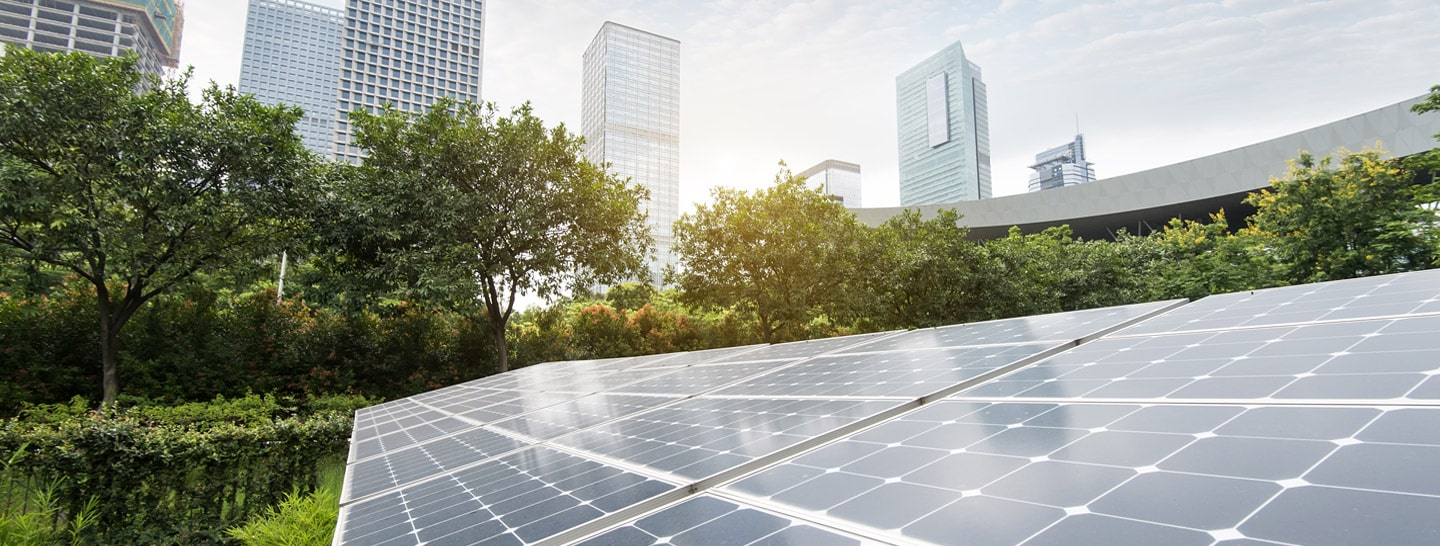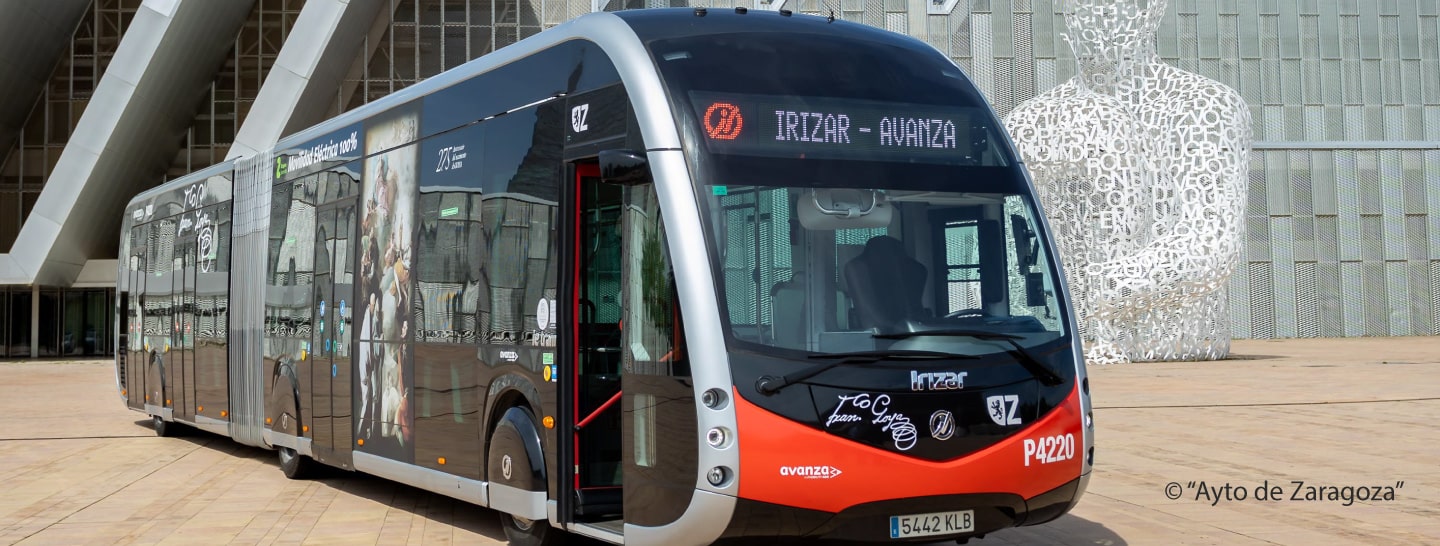
The project kicked-off by Avanza and Endesa X in Zaragoza, aims to equip the city’s public transport bus fleet with 68 new electric buses and upgrade its depots’ facilities. This is part of an effort to make the capital of the region of Aragon a sustainable and climate-neutral city in terms of urban mobility by 2030. This electrification of Zaragoza's urban public transport network will require significant preparatory works, carried out by Endesa X, to transform the city's bus depots. Avanza will supply 68 electric buses in total, 51 12-meter and 17 18-meter vehicles, while Endesa X will be responsible for developing the infrastructure line. The investment earmarked for the construction and adaptation of electrical infrastructure exceeds 8 million euros. One of the most noteworthy aspects of the project is its sustainability with the urban environment, due to the significant reduction in greenhouse gas emissions.
Main goals of the project
One of the key objectives is to realize the decarbonisation of urban mobility,based on public transport, which requires a huge effort from the public and private sectors. It is a very ambitious project that will make Zaragoza one of the leading cities in terms of the sustainability of its transport networks. Turning Zaragoza into a climate-neutral city means reaching its goals of urban mobility by 2030. When the entire fleet is replaced by electric vehicles, it is estimated that Zaragoza will reduce CO₂ emissions by more than 621,000 tonnes.This project is part of an international initiative launched by the Enel Group, Endesa's main shareholder, aimed at achieving its commitment to achieve net zero CO₂ emissions by 2040. Sardinia, Santiago de Chile and the Aragonese capital are at the heart of this project, which will see the introduction of new business models and products and improvements to network services.
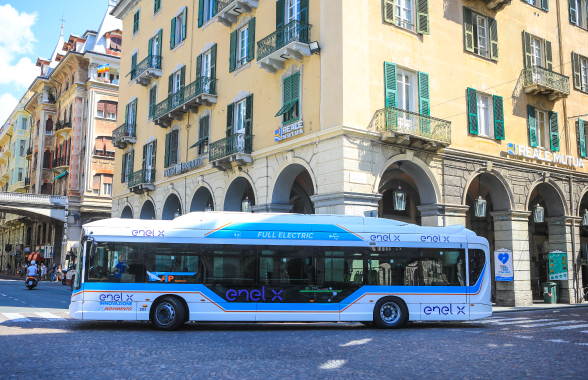
What is a carbon neutral city and why is it important for our future?
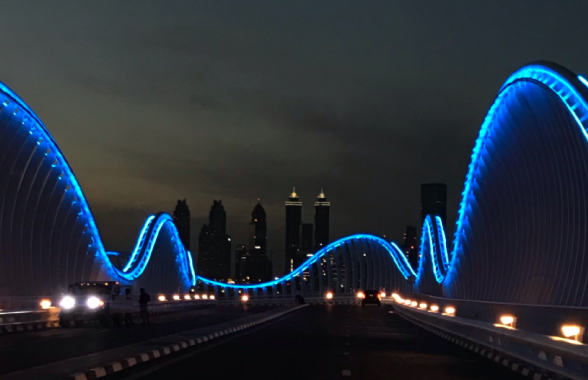
A carbon neutral city is a city that reduces its greenhouse gas emissions, compensates for its remaining emissions, and invests in carbon sequestration. The carbon emissions of cities come from sources including transportation, heating and cooling of buildings, and commercial, industrial, and institutional processes. Climate change is one of the greatest challenges of our time. Cities are responsible for 75% of global greenhouse gas emissions. Cities that implement strategies to reduce their emissions are rewarded with increased innovative capacity and a reduced carbon footprint. Carbon neutral cities allow their residents to enjoy cleaner air and better health. Furthermore, electric mobility, like all aspects of the energy transition, can lead to job creation. The benefits are also economic, and not just environmental.
How are cities going carbon neutral?
Sustainable mobility in cities will be one essential solution. According to the UN, by 2050, 68% of the world’s population will be living in urban areas that, although they only account for a mere 3% of the earth’s surface, cities consume two thirds of the world’s total energy requirements and are responsible for around 70% of CO₂ emissions (a quarter of which are caused by directly by road transport, a fact confirmed by the International Energy Agency). Therefore, the decarbonisation of urban transport systems has become a priority and explains how cities are going carbon neutral. In this particular business case replacing each diesel bus with an electric buses achieves a saving of 1,700 tonnes of CO₂ emissions. The development of e-mobility being driven by Enel X is helping to create cities that are increasingly efficient, dynamic and sustainable.
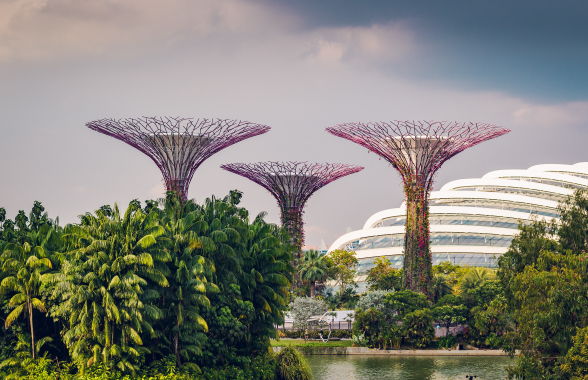
The process of transport electrification in Zaragoza
The process of transport electrification that will bring emobility to the city represents the revolutionary electrification of public transport in Zaragoza. Thanks to the line now being built, the city will be able to power the 68 electric buses that have already been ordered and which will begin to come into service over the course of this year. It is a very ambitious project that will make Zaragoza one of the leading cities in terms of the sustainability of its transport networks. Specifically, the installation will include 76 chargers - 37 100 kW chargers for 12-meter buses and 38 with an output of 50 kW, which can also be used by 18-meter buses. There will also be an additional 300 kW semi-rapid charger for unforeseen circumstances. All these charges will be integrated into Enel X's Smart Charging intelligent management platform.
Juan Garrigosa, Head of Business to Government (B2G) at Endesa X, adds "in the case of Zaragoza, a key feature of the electric charging system chosen, and which will be supplied by Endesa X, is inverted pantograph charging. Each of these will be able to charge a bus individually. The pantograph is mounted on a fixed structure in the depots and each bus will house the roof connection plates. This system offers significant advantages including in relation to maintenance and charging.”
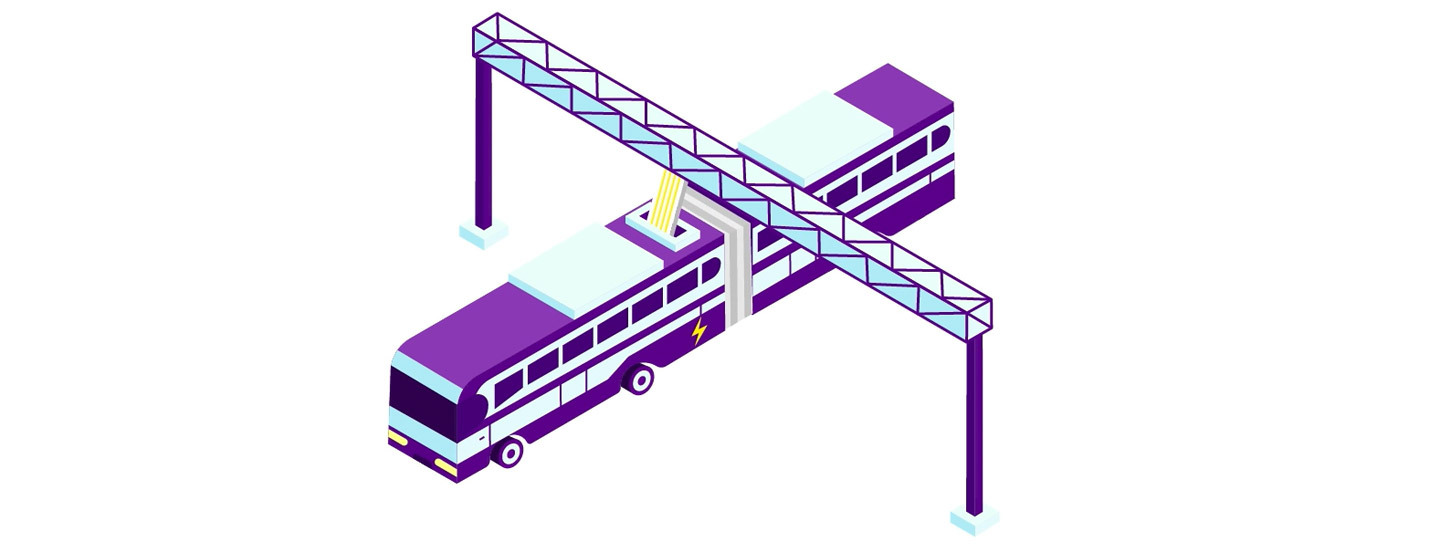
There will also be an additional 300 kW semi-rapid charger for unforeseen circumstances. Over 8 million euros have been earmarked for the construction and adaptation of the depots' electrical infrastructure to ensure they are equipped with sufficient charging capacity to handle the new e-Bus fleet. Additionally, it will be necessary to install a medium-voltage interior distribution grid and the associated transformers for the individual chargers and the construction of a 1.5-km, 45 kV power line between the Torre Olivera substation and the access point to the Avanza depot.

Endesa X and the support to PA

Endesa X believes electric public transport has a key role to play in making our cities sustainable and through its eCity business line enables local councils to develop more sustainable, livable cities that better meet the needs of their residents, providing an electrified and digitalised urban infrastructure ecosystem combined with innovative solutions that make smart cities a reality. Transportation in sustainable cities will be an important aspect to develop. To support cities and their transport operators at every step of the process, Endesa X helps with the electrification of the service, from the supply of charging equipment and smart management systems to the installation and maintenance of infrastructure.
© Photo by “Ayto de Zaragoza"

